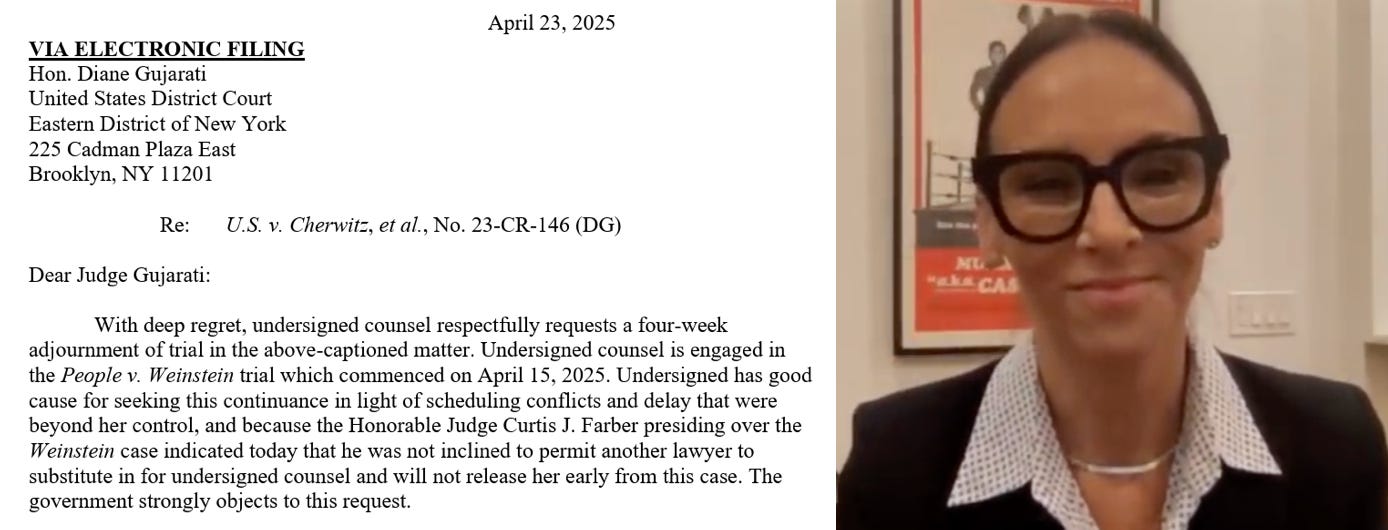Lawyer leaves Harvey Weinstein defense after 'orgasm cult' judge won't delay trial
Jennifer Bonjean was defending Harvey Weinstein in his sexual assault trial when the judge in Nicole Daedone's upcoming trial refused her request for an adjournment.
A former sexual wellness company executive had a big problem as she prepared for her criminal forced labor trial next month in New York: Her lead attorney was to be at another courthouse defending former Hollywood mogul Harvey Weinstein in his sex crimes re-trial.
The judge in Weinstein’s case wouldn’t allow another attorney to substitute for Jennifer Bo…



